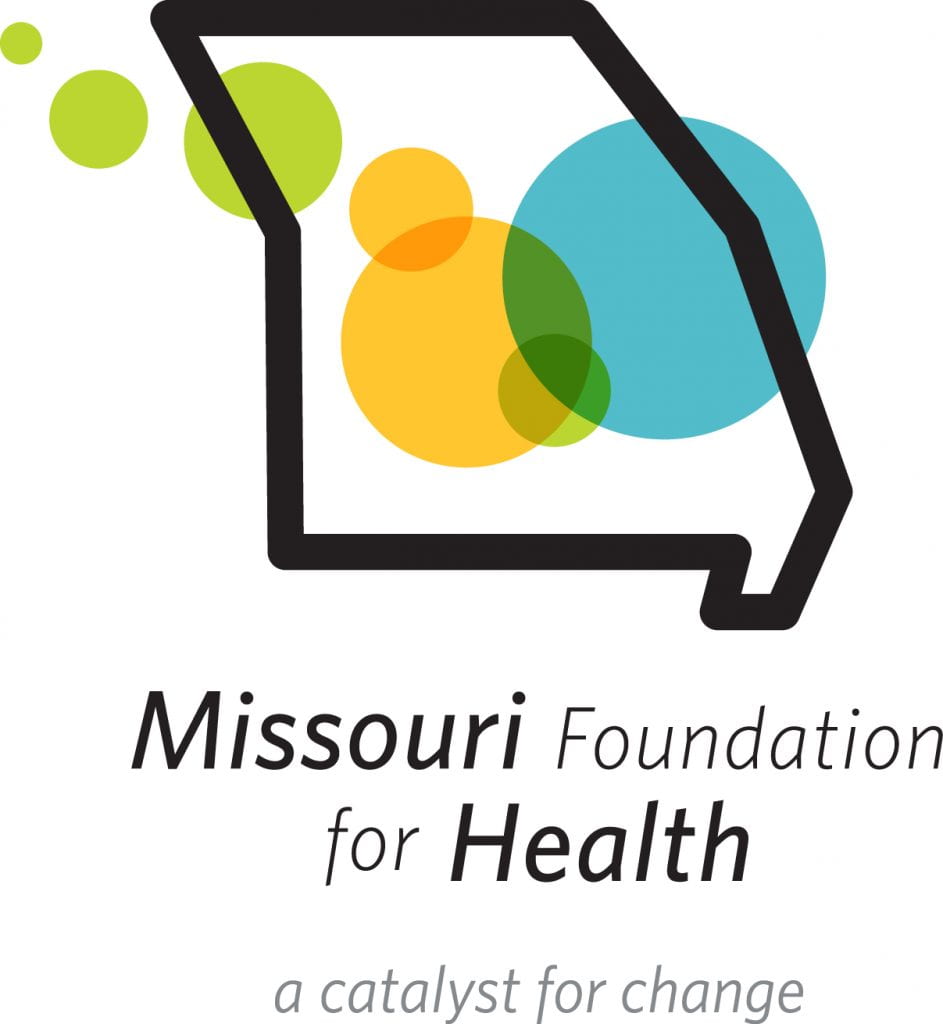Missouri Foundation for Health Medicaid Expansion Project
Understanding the Impact of Medicaid Expansion on Health Equity in Missouri


Project Date
June 2021 – June 2024
Type of Evaluation
Impact
Setting
Academic, Community-based, Foundation, Government, Health
Overview
The Evaluation Center and the Center for Advancing Health Services, Policy & Economics Research at the Institute for Public Health at the Brown School at Washington University in St. Louis partnered with Missouri Foundation for Health to measure the impact of Medicaid expansion in Missouri.
The project used a mixed methods approach, using quantitative and qualitative data to assess the impact of Medicaid expansion across health systems and stakeholder groups in underserved areas of Missouri with a focus on health equity.
Project Description
Background
Missouri Foundation for Health (MFH) is an independent philanthropic foundation whose mission is to eliminate underlying causes of health inequities, transform systems, and enable individuals and communities to thrive1. The foundation seeks to understand the impact of Medicaid expansion in Missouri.
The Center for Advancing Health Services, Policy & Economics Research and Evaluation Center proposed to measure the impact of Medicaid expansion on health equity in Missouri in underserved areas. The expansion of Medicaid has great potential to reduce historic inequities facing people living in rural and urban underserved areas due to uninsurance, poverty, racism, and economic problems.
The project sought to understand the impact of Medicaid expansion on health equity through quantitative and qualitative data.
- Quantitative data was used to measure the effects of the expansion of Medicaid on systems in underserved areas, focusing on the overall impact on underserved areas and the people, places and providers working in them (that is, rural and urban health hospitals and systems, clinics serving the underserved, safety net providers).
- For the qualitative phase, the study used a case study design to provide a holistic, in-depth understanding of the impact of Medicaid expansion on rural and urban health care systems and health inequities. Examples of stakeholder groups included health and mental health care providers, health care system administrators, and patients.
1 Missouri Foundation for Health: About the foundation, December 2021, https://mffh.org/the-foundation/
Evaluation Activities
- Met with partners to discuss grant, partnership and data needs.
- Requested, managed, and analyzed quantitative data.
- Developed a dashboard for quantitative data.
- Identified sites in Missouri for qualitative data collection.
- Developed interview guides.
- Conducted interviews with providers.
- Conducted listening sessions with patients.
Our Products
- Data interpretation sessions
- Dashboard
- Policy briefs
- Annual reports
- Journal articles
- Presentations
Funder
Missouri Foundation for Health
